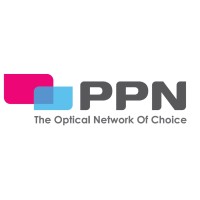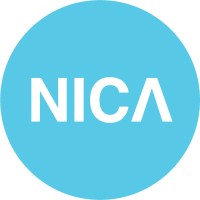
PPN (Preferred Provider Negotiators)
PPN is one of the first Preferred Provider organisations of any discipline to enter the medical aid market. Our founding principles of integrity, transparency and trust remain the backbone of our business principle. We partner with Medical Schemes for Optical Benefit Management Services. PPN provides a highly sophisticated, market leading, claims administration process, which includes an innovative optical benefit design and fraud controls to contain both scheme exposure and member co-payment exposure. In conjunction with honesty and trust, the PPN team in our daily activities are fully committed to the company values: • Caring, • Accountability, • Excellence, • Respect • Integrity The key focus for PPN is to ensure that our medical aid members receive an exceptional service experience and that our fraud interventions result in eradicating most of the FWA. PPN employs new talent and invests in systems continuously to stay on the forefront of new technology.






